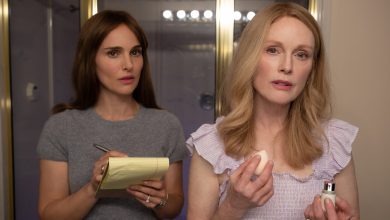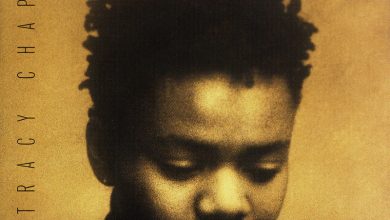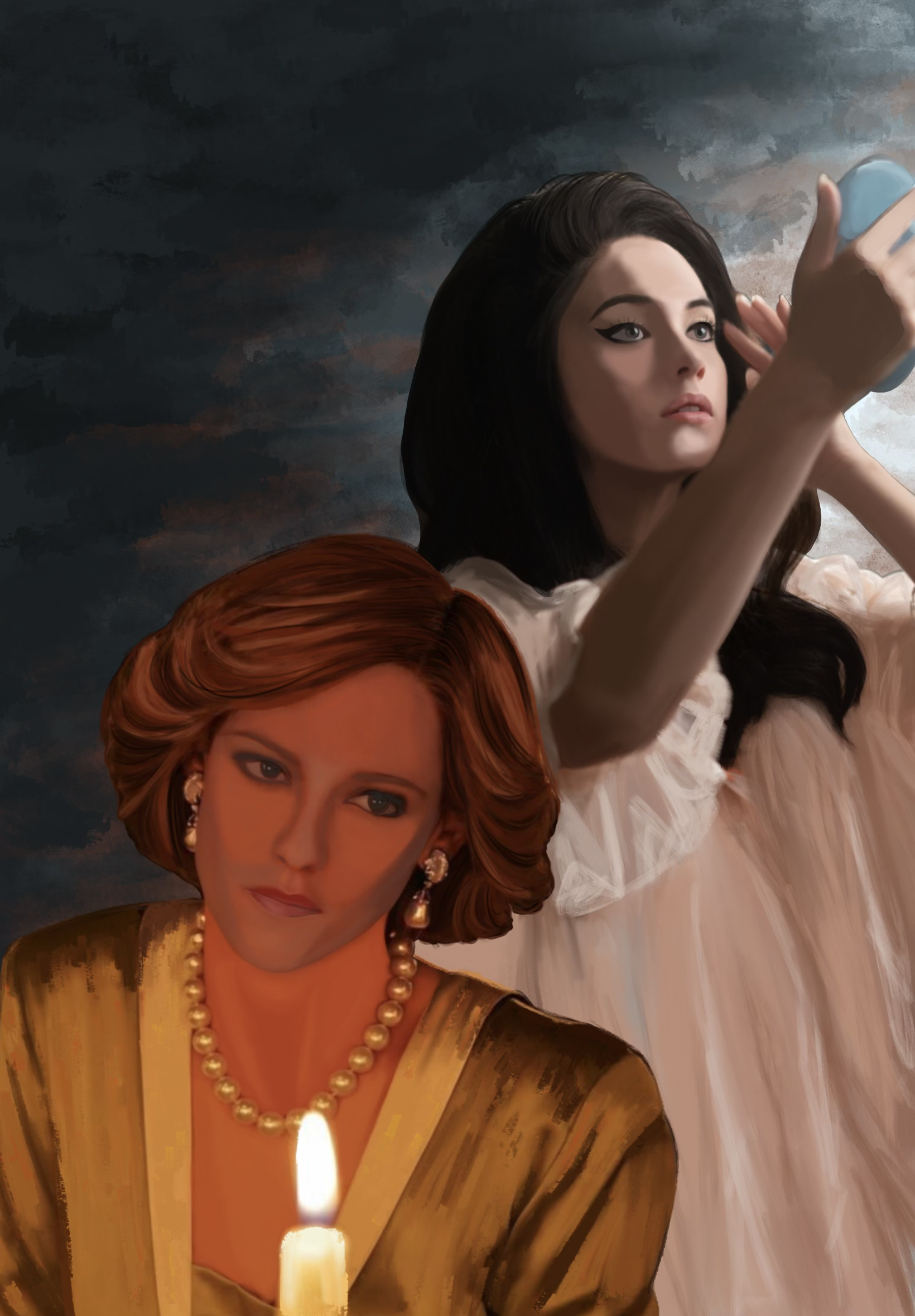An Open Letter to Shailene Woodley
Dear Shailene Woodley,
It’s safe to say that you are one of Hollywood’s newest obsessions. There are literally dozens of articles and internet gossip sites naming you Hollywood’s “It” girl and “the next big thing” when it comes to young, outspoken, confident actresses. This means everything you say and every move you make is going to be in the public eye. I can’t even begin to imagine how much that might just suck.
But whether you like it or not, it’s the reality. Unfortunately, or fortunately depending on how you see it, with this much attention comes a certain amount of responsibility.
In addition to being the new girl in Hollywood, you have recently taken the lead role in not one, but two YA (Young Adult) film adaptations–Divergent and The Fault in Our Stars. This means that on top of all the media, gossip outlet and paparazzi attention, you are also in the eye of millions of young women. You are playing two of their favorite novel heroines, and by default, you are now their role model.
The thing is, as far as young actresses go, you’ve been a pretty good role model–particularly in your outspoken commitment to natural health and beauty tips. You have been quoted saying that you prefer to use natural makeup and hair products whenever it is possible.
More recently, you’ve been in the limelight regarding more eccentric health routines such as eating clay, using a natural way to heal called “oil pulling” and even sunbathing your vagina as a way to combat yeast infections.
While these health tips may appear odd to the average person, and certainly aren’t for everyone, you have confidently stuck by your interest in them.
It is your confidence and unwavering commitment to causes and practices you believe in that make you a good role model. You’re essentially teaching young girls that no matter how “off the wall” or unconventional their interests may seem to the general population, it is important to stick by them and not be ashamed.
Even more refreshing is your view regarding sexuality. Recently you were quoted by The Hollywood Reporter saying that you do not consider the sex of a person when falling in love:
“I fall in love with human beings based on who they are, not based on what they do or what sex they are.”
The only other actor who recently has opened up about bisexuality was Josh Hutcherson, but even he was not as clear on his personal stance.
For all these reasons, your confidence and unabashed truthfulness with the media, you have been a wonderful role model for young women. But, for all these reasons, I was even more disappointed when I read your recent interview with TIME.
You’ve been previously quoted by TIME discussing the influence movies have in empowering or disempowering young women, specifically in regard to Divergent, so it was a bit of a shock when you come out and blankly stated that you were not a feminist.
Actually, it wasn’t the fact you said you were not a feminist that was problematic; it was the statement you included directly after it:
“No because I love men, and I think the idea of ‘raise women to power, take the men away from the power’ is never going to work out because you need balance.”
As someone who personally calls herself a feminist, I consider it a commitment to promote feminism without the previous negative connotations: the main one being that feminism is synonymous with misandry.
So when I read that you, with this statement, were perpetuating the idea that feminists dislike men, I was angry. That anger eventually gave way to rationality, and I realized that in reality, you might not be well-versed in feminism and that you simply might not know what feminism is really fighting for.
Because let’s face it, the media often covers feminist issues and uses words like “misandry” and “radical” to leave a bad taste in your mouth.
In her book, Feminism is for Everybody: Passionate Politics, bell hooks states:
“As all advocates of feminist politics know, most people do not understand sexism, or if they do, they think it is not a problem…And a huge majority of these folks think feminism is anti-male. Their misunderstanding of feminist politics reflects the reality that most folks learn about feminism from patriarchal mass media.”
So I realized I couldn’t blame you for thinking feminism is working at the expense of men, for thinking that feminists fight for the promotion of women at the expense of jobs for males, when this may have been all you’ve heard of it. Instead, I decided to write this letter to show you that this extreme form of feminism is not the norm.
Chimamanda Ngozi Adichie, most notably sampled by Beyoncé on her recent album, defines feminists as “a person who believes in the social, economic and political equality of the sexes.”
That definition rings true for the majority of the feminist movement. Feminism is not about taking away power from men in order to raise women to power, as you stated in your interview, but it is about finding that “fine balance” as you call it, and fighting for equality in politics, law, economics and social circumstances.
For example, feminists aren’t calling for the complete control of the United States’ Congress to be given to women but rather are asking for equal representation. Currently only 20 out of 100 (20%) representatives in the US Senate are women, and only 79 out of 435 (18%) representatives in the US House of Representative are women. These numbers are staggeringly low considering that 50.8% of the US population is female.
Feminists are asking for equal pay for equal work, not for more pay than their male counterparts. They are asking for legal control of their bodies and the ability to challenge ideas regarding rape and domestic violence. They are asking for equality for all women, regardless of religion, race, ethnicity, sexuality or socio-economic status–not at the expense of men, but with the help of men.
Furthermore, there is an increasing amount of attention being paid to the harm that stereotypes regarding the male gender inflicts on young males; particularly the ideas that men have to be tough and hide their emotions. In short, feminism isn’t working against men but both for and with them.
You then go on to talk about the importance of sisterhood, stating that you “…don’t know how we as women expect men to respect us because we don’t even seem to respect each other,” and I completely agree with you.
But sisterhood is exactly what feminists advocate for as well–that women of all ages, races, ethnicities, etc. come together to work for equality for themselves and one another.
If, by some rare stroke of luck, this article written by a 22 year old college student comes to your attention, I hope that you will reconsider your position. I hope that you will learn that feminism and feminists don’t dislike men, and I hope that you will embrace the term to help us challenge the negative connotation.
If Beyoncé, Miley Cyrus, Ellen Page and Lena Dunham can do it. I hope you can too.




